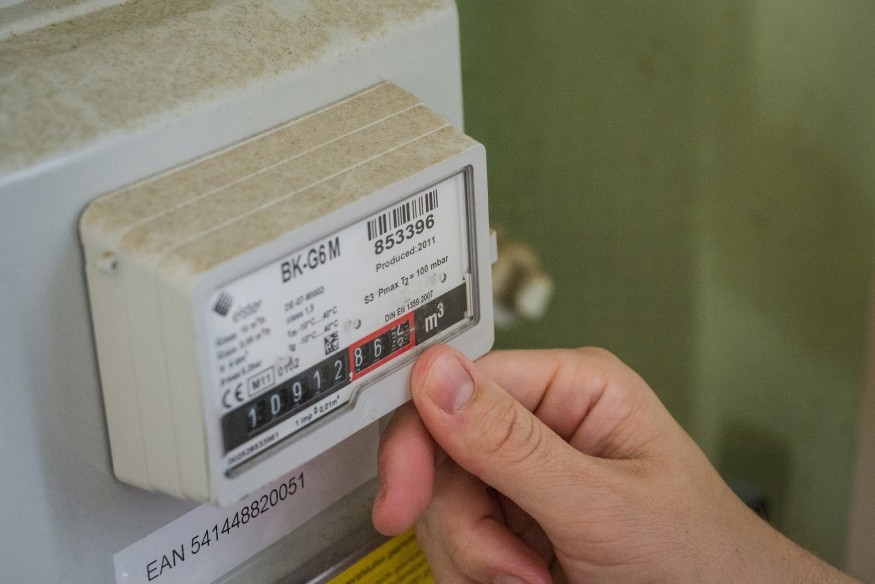
January 11, 2022 - 1487 views
In continuing to explore routes to proactively support the green industrial revolution in rural Wales, the Welsh Conservative Shadow Minister for Climate Change and Member of the Welsh Parliament for Aberconwy, Janet Finch-Saunders MS, has urged the Welsh Government to act on a shared interest in microgrids by introducing a trial in North Wales.
A microgrid is a local energy grid with control capability, which means it can disconnect from the traditional grid and operate autonomously.
A microgrid not only provides backup for the grid in case of emergencies, but can also be used to cut costs, or connect to a local resource that is too small or unreliable for traditional grid use.
In a reply to a Written Question on the Shadow Minister’s proposals, the Welsh Government’s Minister for Climate Change stated that she agrees that “microgrids are likely to be an important element of a smart local energy system and an opportunity to drive local social and economic benefits.”
Commenting on the need to harness potential in North Wales, Mrs. Finch-Saunders said:
“Decision makers in Cardiff Bay have long acknowledged that Wales continues to experience a grid capacity crisis - a matter which I have raised during the previous and present Senedd.
This is causing an unnecessary trip in the system which is preventing meaningful and long-term progress in the nation’s green industrial revolution.
“Whilst I recognise that the Welsh Government are setting up a working group to review options for supporting flexible grid connections for renewables and energy storage solutions, I am clear that action is needed as soon as possible so that we can help foster a new age of renewable action in rural and coastal communities.
“This is why I have proposed the establishing a microgrid trial in North Wales. This will require cooperation with various agencies.
“Not only would such a trial be in line with the North Wales Energy Strategy, which includes their development as a priority area, but it would also be a much wiser spend of public funds than that proposed on creating a publicly owned energy company which could merely replicate the costly mistakes seen in Bristol.”








